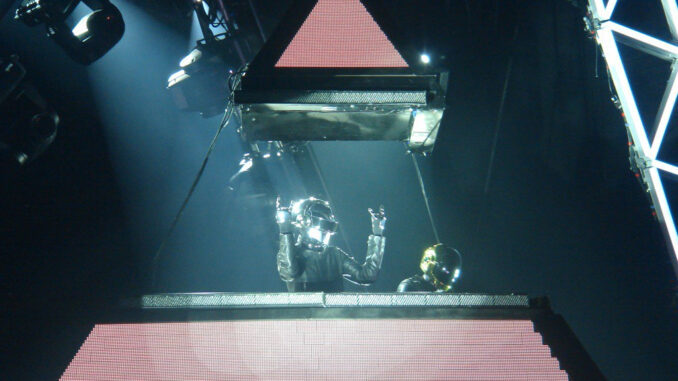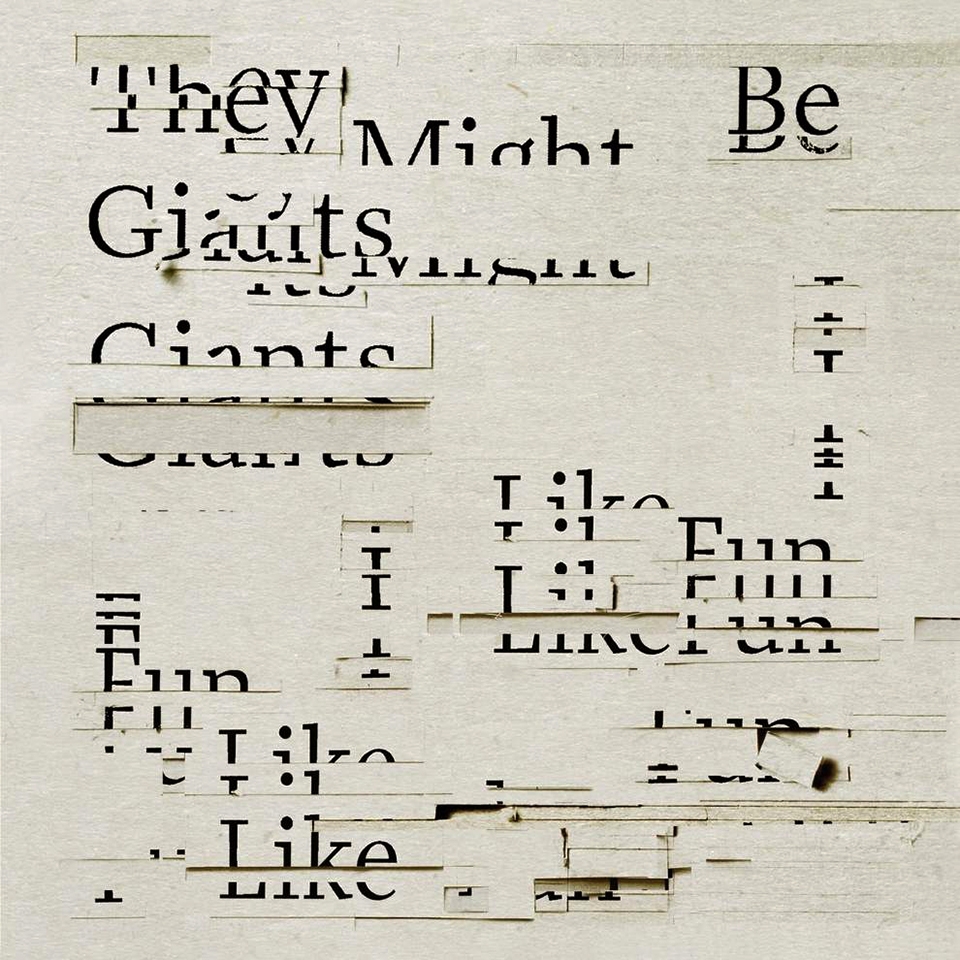
Griffin Sendek
multimedia editor
2/25/21

There will never again be “One More Time” for Daft Punk.
The legendary Parisian electronic pop duo announced the end of their astounding 28-year run on Monday morning with an eight-minute video titled “epilogue.”
The sendoff used scenes near the end of their 2006 experimental science fiction film Electroma as one robot makes the other actively self-destruct, one blows into a million pieces as the other walks away, alone into the sunset.
As the loney android walks on the final refrain from “Touch” plays, a beautifully melodic repetition of the lyric, “Hold on, if love is the answer you’re home.”
This moment from Electroma had always been somber, but its use as Daft Punk’s break-up announcement completely recontextualizes the scene. It will forever be remembered as the very last moments for the band. Alongside the epilogue, Daft Punk released an extended version of their soundtrack from the film Tron Legacy (2010). And with that — Daft Punk was no more.
Daft Punk’s longtime publicist Kathryn Fraizer confirmed to multiple outlets the group’s split but revealed no details or reasons behind the breakup.
Thomas Bangalter and Guy-Manuel de Homem-Christo formed Daft Punk in 1993 and released their first studio album Homework in 1997 with standout hits “Da Funk” and “Around the world” plunging them into the limelight. The debut of their sophomore album Discovery (2001) would further cement the style and electronic-pop sound of the band. Discovery would also be the debut of the robot costumes that would soon be the inseparable trademark of the duo. Daft Punk’s unique sound would only continue to develop through their subsequent albums Human After All (2005), Alive (2007). The release of Random Access Memories (2013) would place Daft Punk at the top of the charts and garner three Grammy wins introducing the band to an entirely new generation of fans.
Lesser bands could never pull off half of what Daft Punk accomplished. The simplicity that Daft Punk tracks functioned within was astounding, their ability to take circular and repetitive electronic melodies and stay far and away from any form of tedium was completely unmatched.
The robot personas were never a gimmick, vying for attention, it was a staple of the band and became who Daft Punk truly was. Never made official public appearances without the helmets. Part of the band’s immense appeal was the magic of their mystique, they didn’t play the PR game, the rockstar lifestyle was never for Daft Punk and they stuck to that until the bitter end.
Daft Punk presided within this perfect Goldilocks zone, talented enough to create top-charting singles and Grammy-winning albums all the while maintaining their stranglehold on the underground and hipster scenes.
The comment section underneath the breakup announcement was filled with comments in a multitude of languages proving that these Parisian androids created art that transcended language and touched the hearts and minds of people all around the world.
After the Random Access Memories in 2013, Daft Punk for the most part went dark. Apart from the stray producing credit or artist collaboration, Daft Punk hasn’t released any new music in eight years. Coming out of an eight-year hiatus only to end it all begs the question, why now? There very likely will never be an answer to that question, as Bangalter and de Homem-Christo have always been very reserved, rarely giving interviews.
Daft Punk coming to the end of its 28-year run is a reminder that underneath the shiny chrome helmets Thomas Bangalter and Guy-Manuel de Homem-Christo were not just mindless machines capable of pumping out beats for all eternity, but truly human after all.


